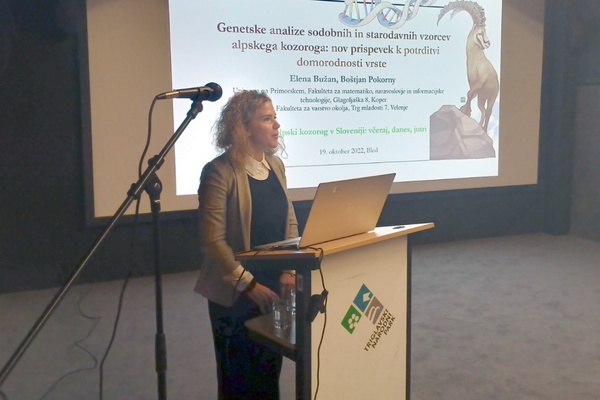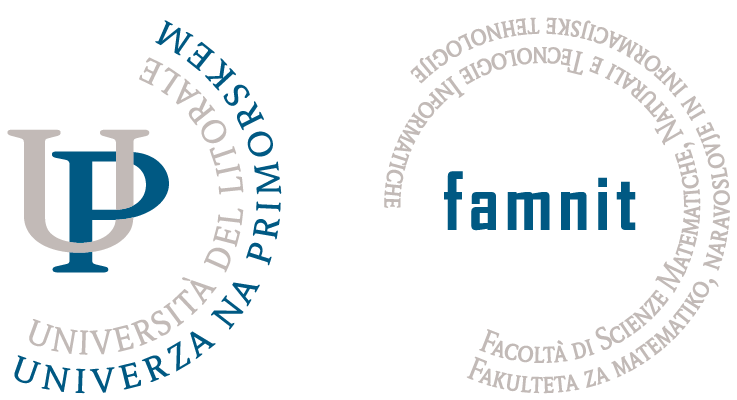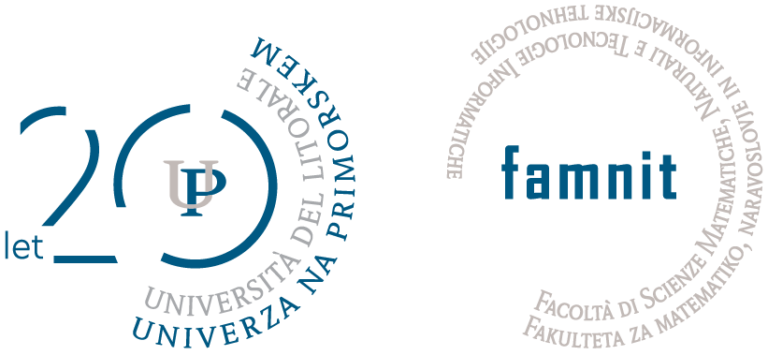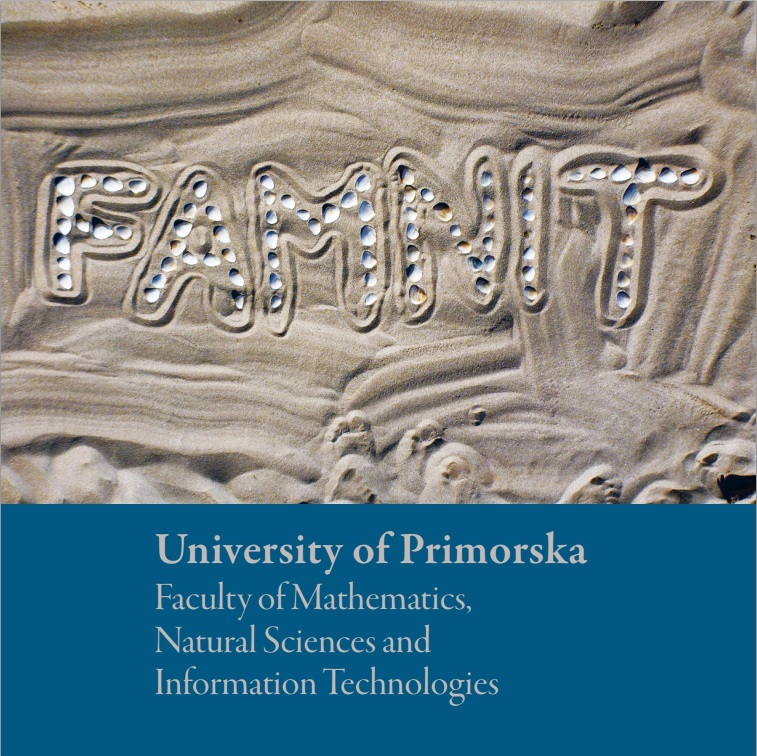This October, the Slovenia Forest Service (ZGS) and the Triglav National Park (TNP), within the DINALPCONNECT project in the framework of the Interreg Adrion programme, organized the expert consultation: Alpine ibex in Slovenia yesterday, today, and tomorrow.
The purpose of the project DINALPCONNECT is to implement the key activities to ensure the integrated management of the Alpine ibex in the cross-border pilot project between Slovenia and Italy.
Due to the unclear native status of the Alpine ibex in Slovenia, which is in general considered a foreign species, experts presented current knowledge and facts about it in the consultation.
Part of the research group was also Prof. Dr. Elena Bužan from the Department of Biodiversity, UP FAMNIT, where, alongside with her team, she successfully isolated the DNA and with the comparison of genomes samples in gene banks, confirmed the match with the published genomes of the Alpine ibex.
The conclusions provide a starting point for further coordination with policymakers, which is related to the management of the Alpine ibex in the country. According to ZGS and the TNP, the resolution of the native status of the Alpine ibex in Slovenia is the main condition for the recognition and long-term conservation of the species in our country.
The experts will give a professional opinion based on the collective point of view, that the Alpine ibex can be considered with a high possibility as a Slovenian native wildlife species.
Slovenia currently has around 200 Alpine ibexes living in three separate populations, namely: TNP, Kamnik-Savinja Alps and the western Julian Alps. The species is facing various problems, from gams’ scabies to potential inbreeding, which decreases populations and the vitality of individual animals.

Prof. Dr. Elena Bužan



